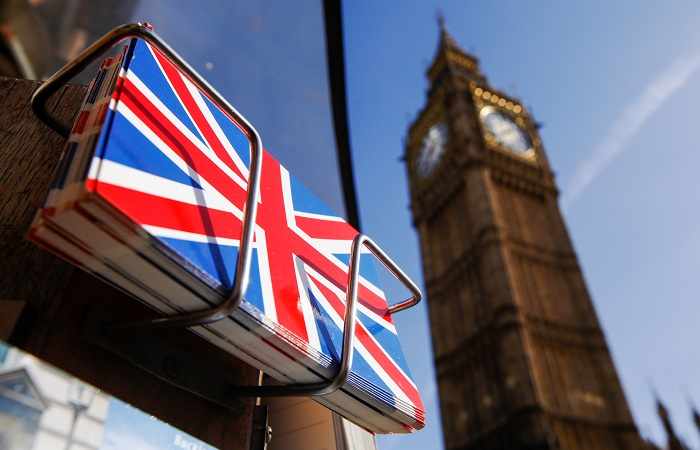With less than four weeks left until the United Kingdom finally leaves the EU’s orbit on Dec. 31, one EU official told Reuters that a deal was “imminent” and another suggested that it was days away.
However, Britain sounded a less optimistic note after talks in London snagged late on Thursday.
“There are still some issues to overcome. Time is in very short supply, and we’re at a very difficult point in the talks,” a spokesman for British Prime Minister Boris Johnson told reporters.
“What is certain is that we will not be able to agree a deal that does not respect our fundamental principles on sovereignty and taking back control.”
Ultimately, Johnson - the face of the 2016 Brexit referendum campaign who is now grappling with Europe’s highest official COVID-19 death toll - will have to decide whether he and Britain would be better off making compromises or walking away.
For weeks, EU chief negotiator Michel Barnier and his British counterpart David Frost have been discussing fisheries, state aid and how to resolve future disputes so that an overall agreement governing almost $1 trillion of annual trade can proceed.
The EU challenged Britain to decide what future it wants for itself outside the bloc’s single market and customs union after 47 years as a member of the union.
“The real question is - which political, economic, social project do they want for their own future?” European Council President Charles Michel said. “And this is a question for the British government and for the British people.”
TRANSITION PERIOD ENDING
As investors tried to fathom from conflicting rhetoric whether the talks were close to the finish line or in serious trouble, a gauge of how volatile the pound is expected to be over the next week rose to its highest level since March. [GBP/]
Britain formally left the EU on Jan. 31 but has been in a transition period since then under which rules on trade, travel and business remain unchanged. From the end of the year, it will be treated by Brussels as a third country.
If the two sides fail to reach a deal, the five-year Brexit divorce will end in disorder just as Europe grapples with the vast economic cost of the COVID-19 outbreak.
A no-deal exit is the nightmare scenario for businesses and investors, who say it would snarl borders, spook financial markets and sow chaos through supply chains that stretch across Europe and beyond.
A British government source said the EU had disrupted talks late on Thursday by trying to force further concessions.
“At the 11th hour, the EU is bringing new elements into the negotiation. A breakthrough is still possible in the next few days but that prospect is receding,” the source said.
French European Affairs Minister Clement Beaune told Europe 1 Radio there was still a risk that talks would fail but added: “I want to tell our fishermen, our producers, the citizens who are listening that we will not accept a deal with bad terms.
“If a good agreement cannot be reached, we will oppose it. Each country has a veto right, so it is possible ... We will do our own evaluation of this draft deal, if there is one.”
EU sources said discussions centred around the “level playing field”, meaning agreed principles on state aid and minimum labour and environmental standards, as well as the “effective remedies” that each side could take in case of suspected infringements.
“We are at a critical phase,” Business Secretary Alok Sharma told Sky TV. “It is fair to say that we are in a difficult phase, there are some tricky issues still to be resolved.”
More about: Brexit
















































